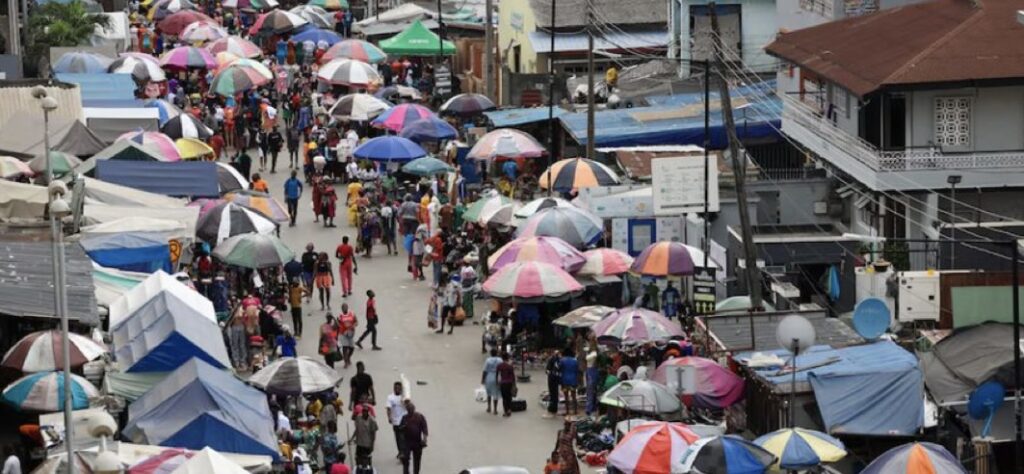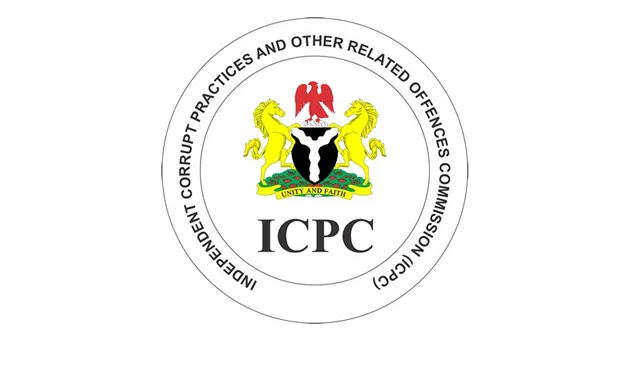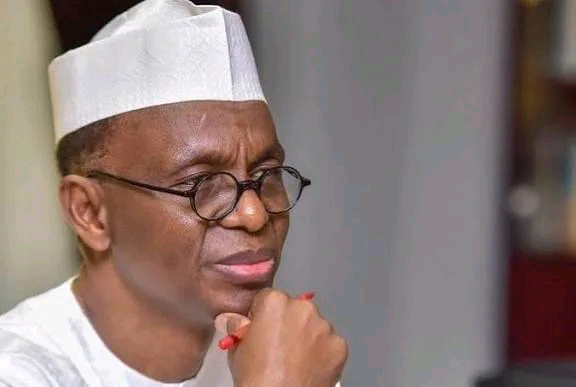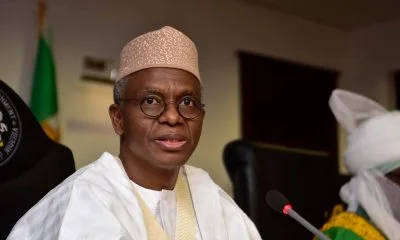Geert Wilders’ Far-Right Party Exits Dutch Coalition, Collapsing Government over Asylum Policy
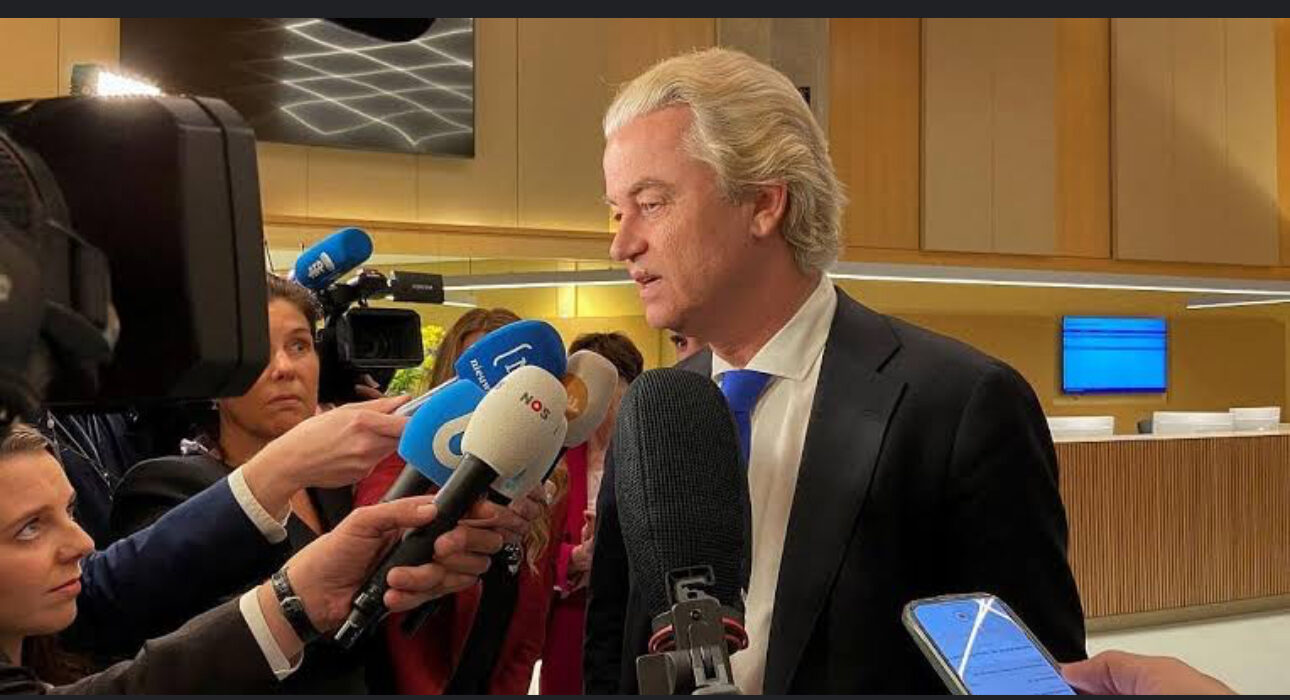
The Dutch coalition government has officially collapsed following the withdrawal of the far-right Party for Freedom (PVV), led by Geert Wilders, plunging the Netherlands into political uncertainty less than a year after the formation of the ruling alliance.
Prime Minister Dick Schoof, a former intelligence chief and independent technocrat appointed in July 2024, announced his resignation on Tuesday after PVV abruptly pulled out of the governing coalition. Schoof will now lead a caretaker government until new elections are held.
The crisis erupted over an impasse on immigration reform, particularly a proposed 10-point asylum plan pushed by Wilders’ PVV. The plan included measures such as deploying the military to control national borders, shutting down refugee centers, and revoking Dutch citizenship from dual nationals convicted of crimes. The policies were deemed too extreme by PVV’s coalition partners, including the center-right People’s Party for Freedom and Democracy (VVD), the centrist New Social Contract (NSC), and the Farmer-Citizen Movement (BBB).
Geert Wilders, a polarizing figure known for his anti-Islam and anti-immigration rhetoric, said his party had no choice but to withdraw. Speaking at a press briefing, Wilders stated:
“We did everything possible to stick with the agreement, but the refusal of our partners to implement essential reforms, especially on asylum, leaves us no other option. We made promises to our voters, and we intend to keep them, ” he said.
The PVV’s exit effectively dismantles the coalition that had been hailed as a delicate but promising compromise following Wilders’ electoral victory in November 2023. Despite winning the most seats, Wilders was initially sidelined due to his far-right stance, before eventually joining the government under strict policy conditions.
The government’s fall comes at a particularly sensitive time. The Netherlands is set to host a high-profile NATO summit in The Hague later this month. The political vacuum has raised concerns about the country’s ability to play a strong leadership role at the international forum, particularly on defense and migration issues.
Prime Minister Schoof, known for his technocratic and nonpartisan approach, expressed disappointment but accepted the outcome. In his brief statement, he said:
“This coalition was built on compromise. But compromise is impossible without trust and shared commitment. I will now focus on ensuring continuity until elections are held.”
The sudden collapse has drawn strong reactions both at home and abroad. Frans Timmermans, leader of the left-leaning GroenLinks–PvdA alliance, called the situation “a failure of political extremism and poor governance,” and demanded immediate elections.
“The Netherlands needs stability, not the chaos of hardliners walking away from their responsibilities,” Timmermans said. “We must return to the polls.”
Meanwhile, international observers have expressed concern that the growing influence of far-right parties in Europe is undermining democratic institutions. The PVV’s rise and sudden withdrawal highlight the fragility of coalition politics in a deeply fragmented Dutch parliament.
The fall of the Schoof government sets the stage for what is expected to be a hotly contested general election. Latest opinion polls show the PVV leading with around 31% support, followed closely by Timmermans’ left-wing bloc. An election date has not yet been announced, but political analysts expect it to be scheduled for early autumn 2025.
This marks the second time Geert Wilders has brought down a Dutch government—he previously withdrew support from a minority cabinet in 2010, leading to early elections.
As the country prepares for another electoral showdown, Dutch voters are once again faced with a defining question: can a government that includes far-right voices ever deliver on its promises without imploding under ideological pressure?


